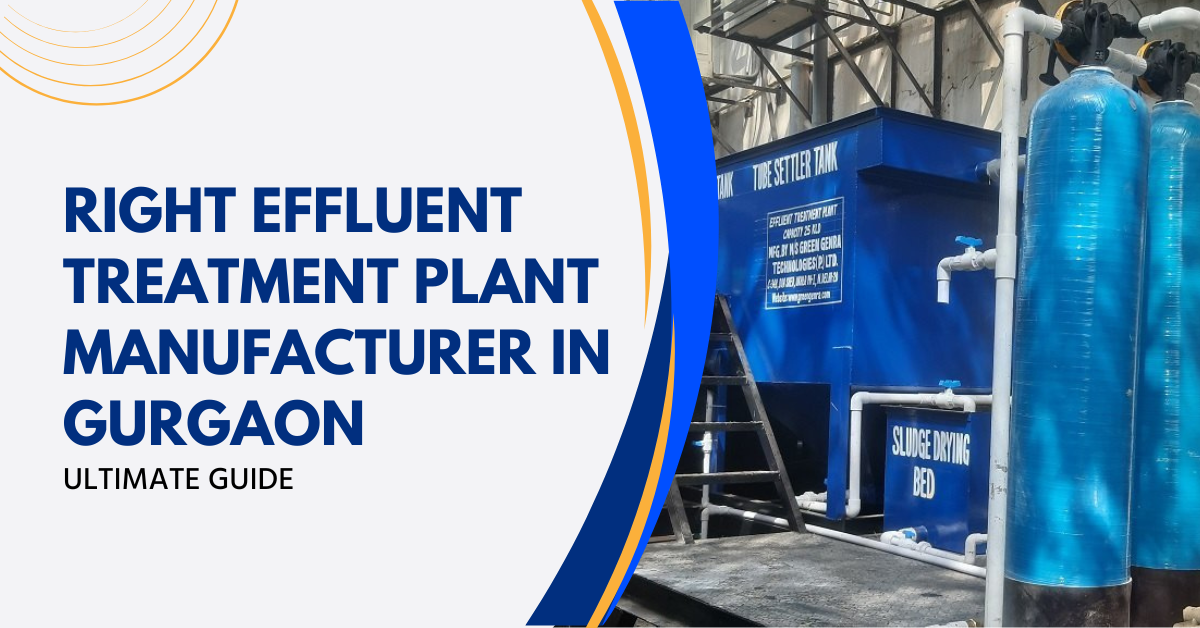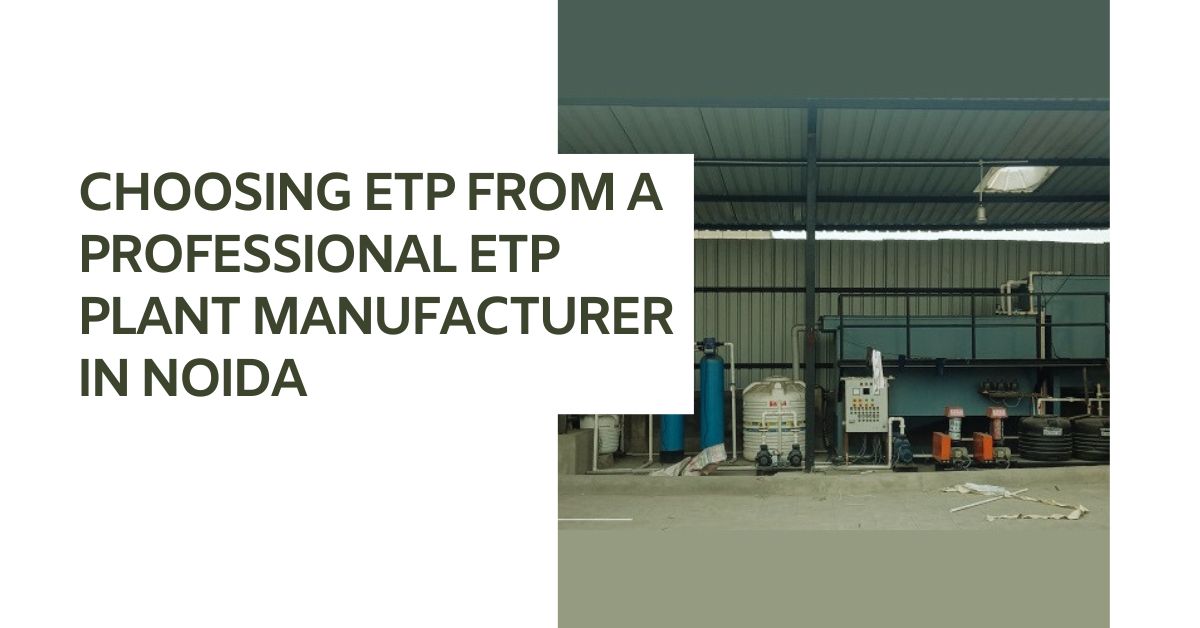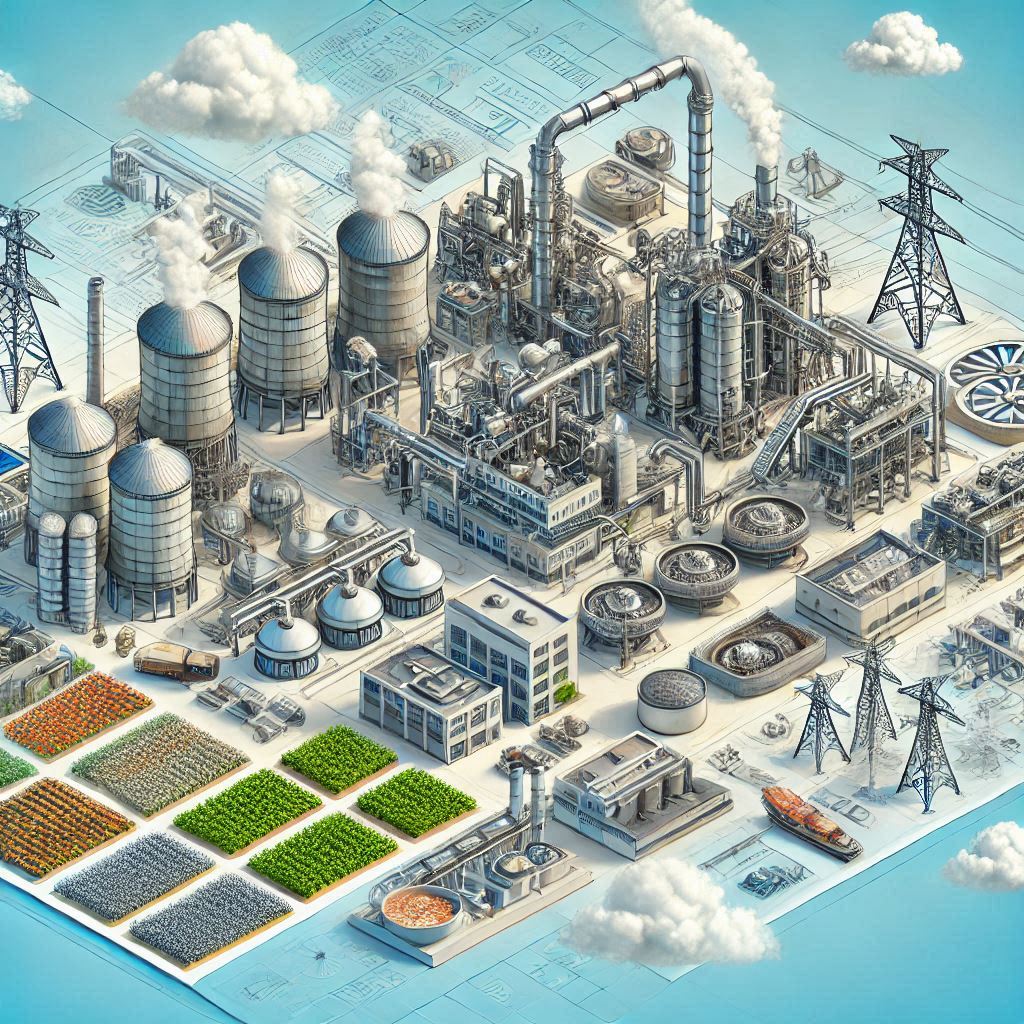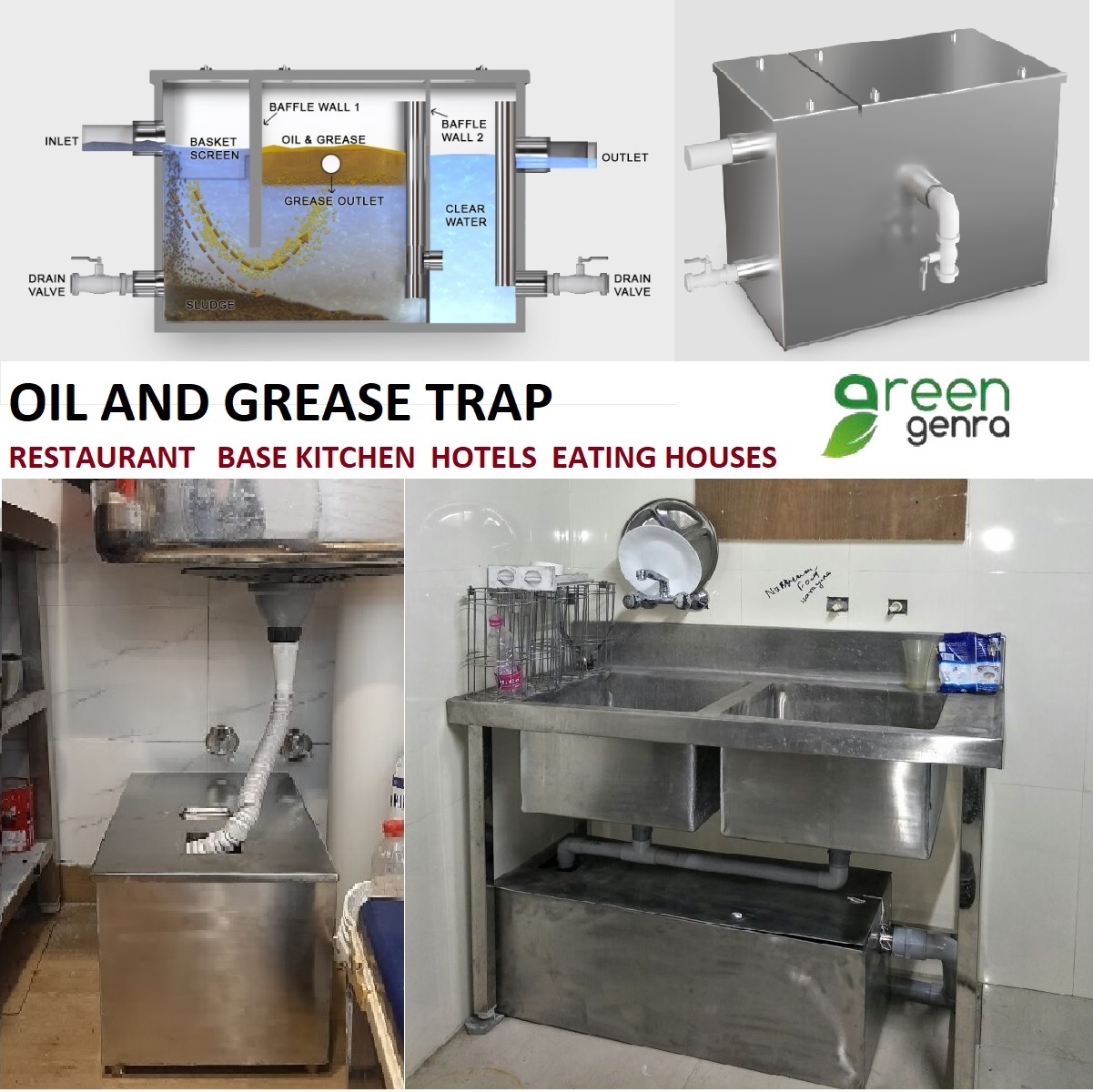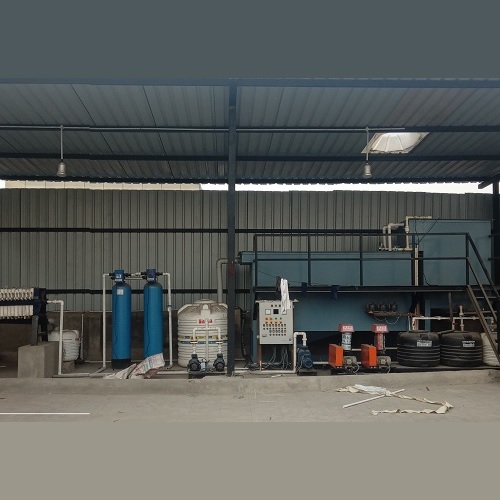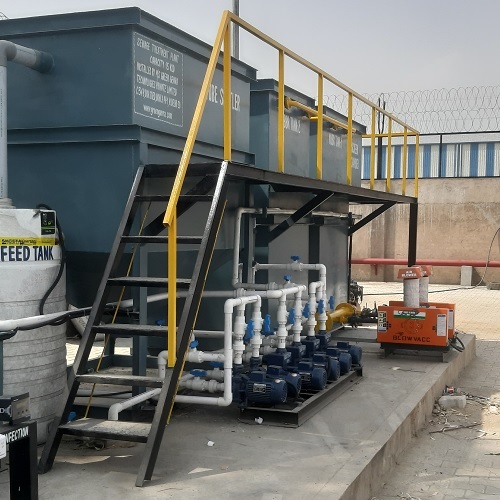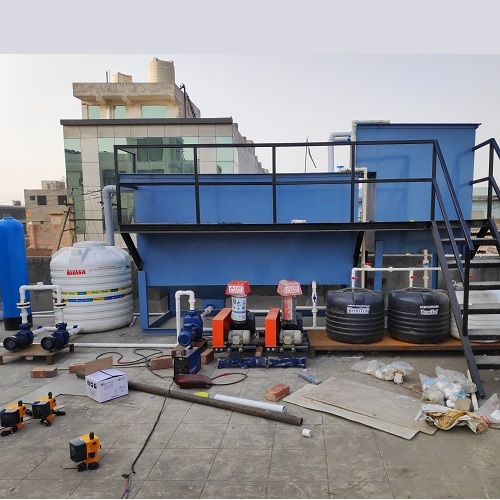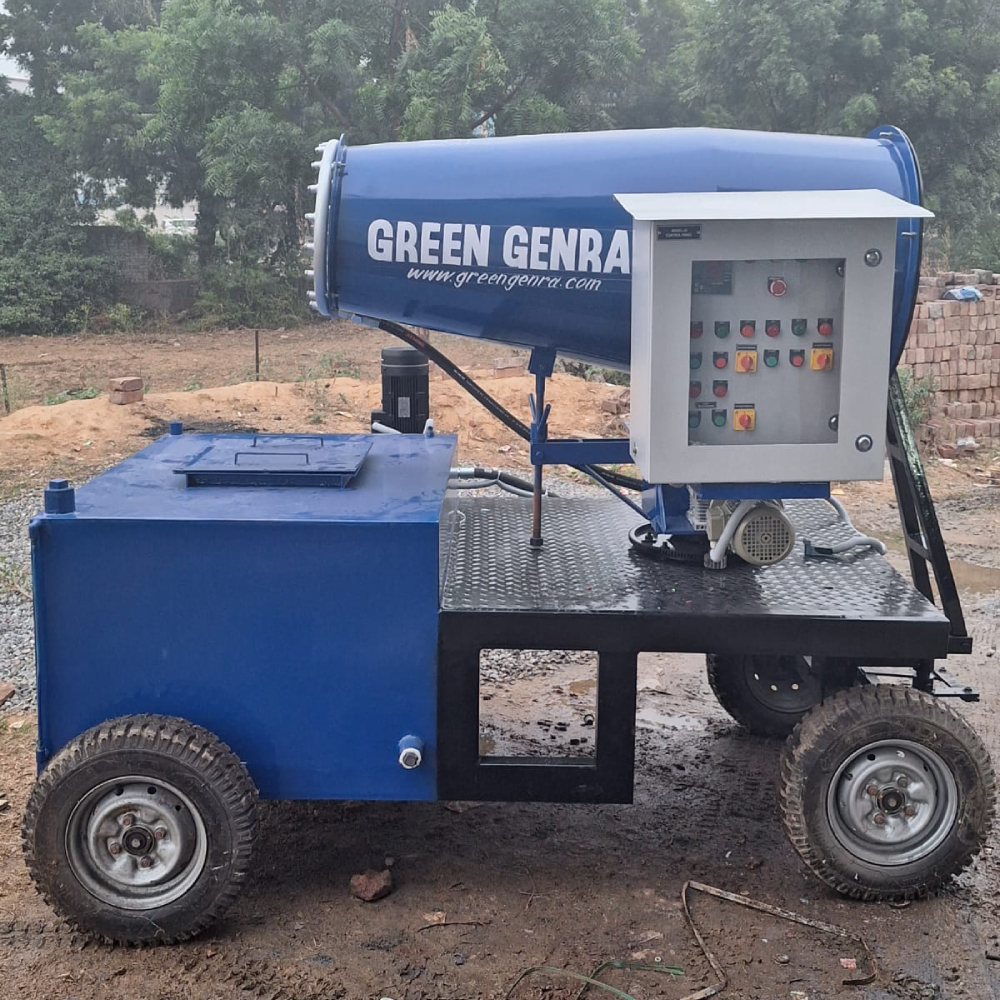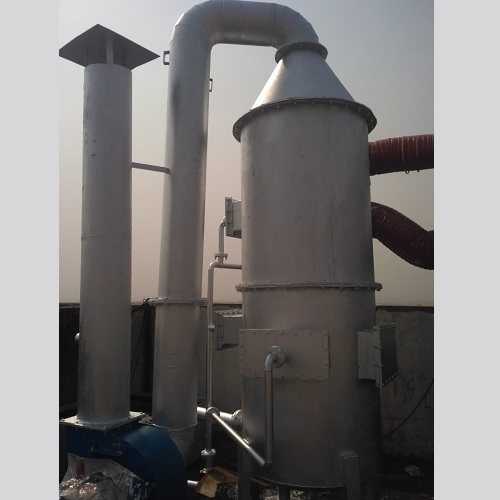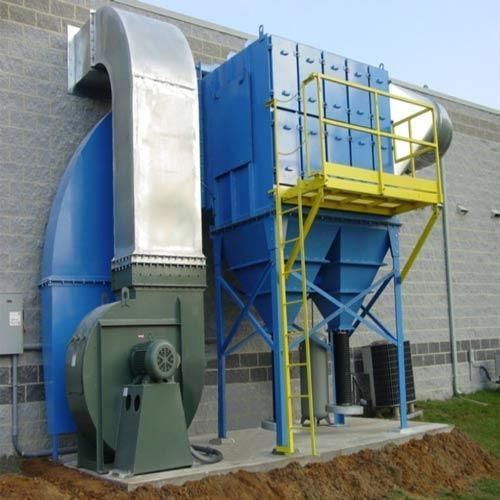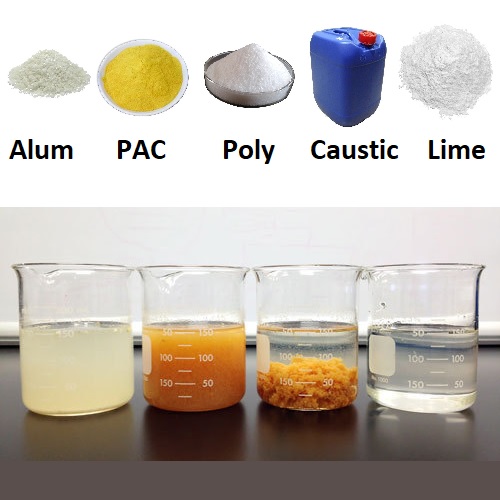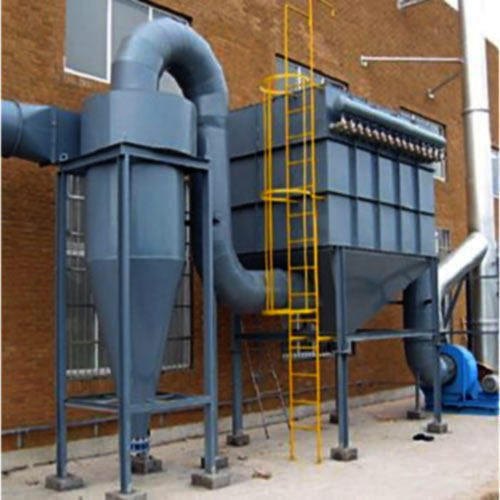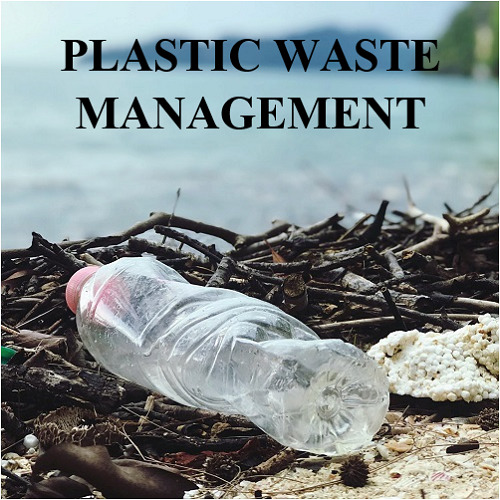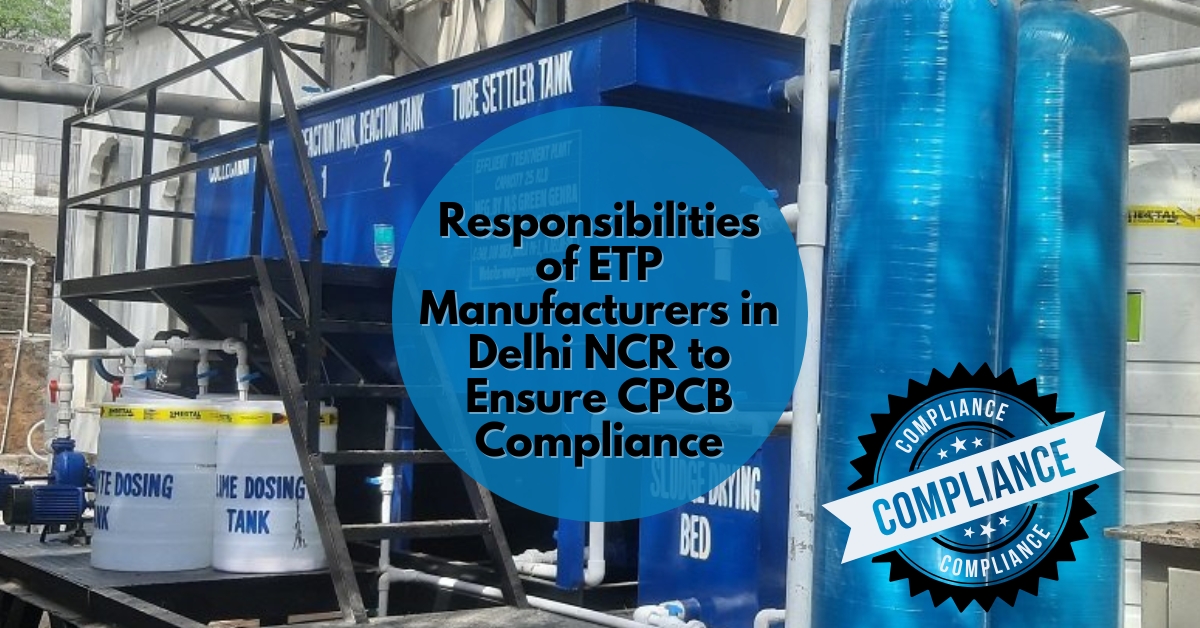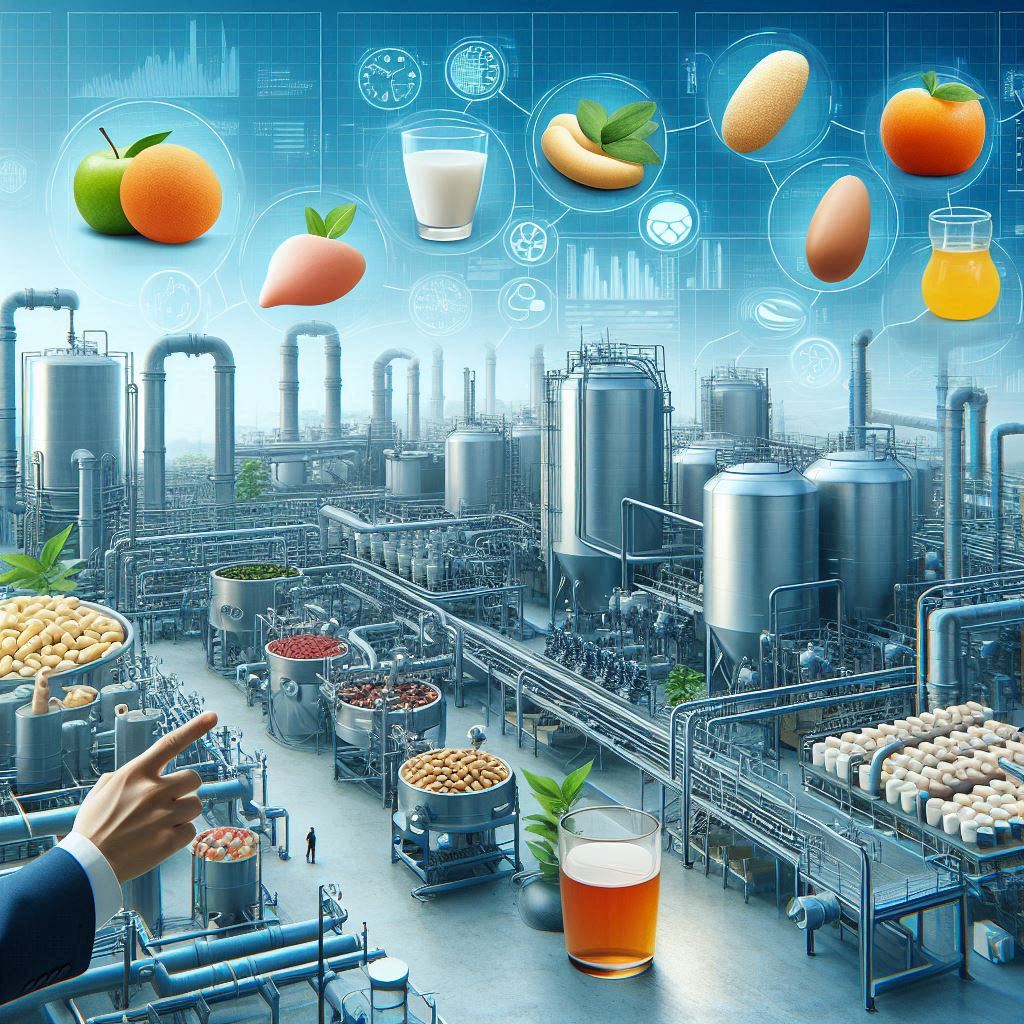Water Expo 2025 in New Delhi 28-30 August 2025 | Pragati Maidan, New Delhi India 20th Everything About Water Expo 2025 ...
Benefits of ETP plant for restaurant & hote
Managing water efficiently and sustainability is important in the hospitality industry, especially for restaurants and hotels that generate significant amounts of effluents daily.
ETP plant for restaurant is not just an eco-friendly initiative but also a strategic business decision. Here are some of the significant benefits of adopting an ETP in for restaurants and hotels.
What is an Effluent Treatment Plant – ETP?
Effluent Treatment is the process of removing harmful contaminants or impurities from water that is used by hotels and restaurants. It is a process of converting polluted, dirty and unhealthy water into clean, safe and pure water so that it can meet quality standards.
Why to treat hotel or restaurant effluents?
There are many restaurants and hotels that contribute substantial amount of waste water effluent. Hence treatment of hotel or restaurant sewage using ETP is important to reduce the spread of disease causing pathogenic organisms in effluent and to prevent pollution of surface and ground water.
Here are some of the significant benefits of ETP plant for hospitality industry-
- Adhering with environmental regulations: The restaurants and hotels are subject to stringent environmental regulations to prevent pollution. An ETP plant for restaurant helps in treating wastewater to meet regulatory standards before it is discharged into the environment. This helps restaurants do away with the hefty fines and legal issues and also positions the facility as a responsible entity committed to environment preservation.
- Reduction in water usage and cost: Water is the costly and precious resource, particularly in areas prone to water scarcity. ETPs recycle the treated water, making it reusable for non-potable purposes like toilet flushing, gardening and for pre-cleaning operations within the kitchen. This reduces the total water intake from the external sources that can lead to substantial cost savings over time for the restaurants thus boosting their profit margins.
- Preventing damage to infrastructure: Waste water from hotels and restaurants contains FOG – fats, oils and grease that can clog and damage the drainage systems. ETP effectively removes these substances from effluent before it can enter the sewage systems thus reducing the risk of blockages and related repair costs. Also, preventing blockage issues, the facilities can operate without any disruptions.
- Brand image: Consumers today are environmentally conscious and tend to be loyal to businesses that follow sustainable practices. By investing in ETP plant, restaurants can boost their brand image as an eco-friendly facility. Furthermore they can minimize the carbon footprint on the environment contributing their share to the planet earth. This allures a broader customer base that is loyal with those facilities that value sustainability. This can lead to increased repeal business and positive brand image of the restaurants or hotels.
- New market opportunities: The ETP plant allows the facilities in hospitality industries market themselves as green businesses. This can be effective in promotional materials, tenders for events and bids for corporate contracts where eco-consciousness of the business can be the deciding factor. Also, businesses that practice sustainability stand out and ahead of their competitors in their niche.
- Improve work environment: Implementing ETP can contribute to safer and healthier work environment as one can be rest assured that the effluent is treated and managed properly. This reduces odors and other unpleasant conditions. Also, it can lead to higher employee satisfaction and lower turnover which is a significant in the hospitality industry where there are high rates of employee churn.
For Implementing ETP Plant for Restaurant & Hotel is not just adhering to environment and pollution control board’s norms or laws but it is all about protecting the planet Earth.
FAQs
1. How ETP helps improve the brand image of the restaurants or hotels?
By investing in ETP plant, restaurants show commitment to environmental sustainability and responsible waste management and this approach enhances the brand image of the restaurants.
2. Why restaurants need ETP?
Restaurants or hotels need effluent treatment plant to comply with the environmental norms and manage the wastewater effectively.
3. How many stages are there in ETP?
There are three main stages for ETP for restaurants that include Primary treatment, secondary treatment and tertiary treatment.

































An effluent Treatment Plant or ETP is a crucial investment for industries seeking to manage wastewater according to environm...
ETP or the Effluent Treatment Plant is designed to treat industrial wastewater by removing harmful chemicals, contaminants an...
Food processing plants face significant challenges in managing industrial wastewater. These facilities use large volumes of w...
The primary goal of effluent treatment plants is to ensure industrial wastewater becomes safe before environmental release. T...
To ensure a sustainable environment, Central and State Pollution control boards have made certain mandatory aspects that ever...
Indian Businesses need to comply with numerous environmental norms to ensure sustainable development and minimize pollution. ...

